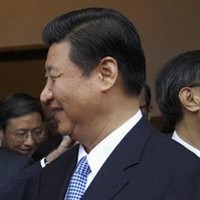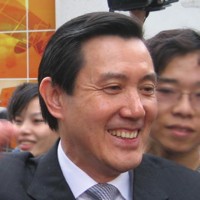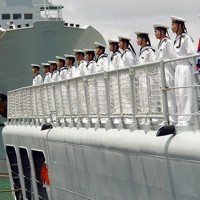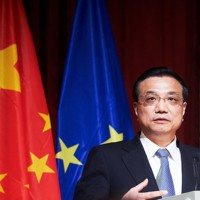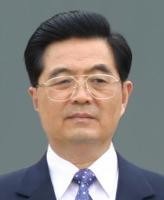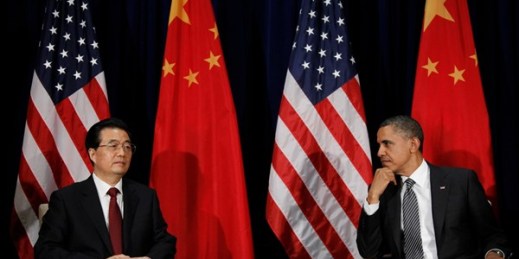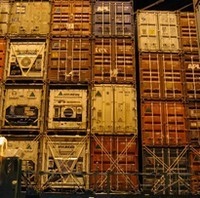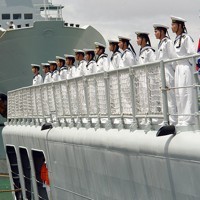
As China’s once-in-a-decade political transition nears, the announcement this week of the promotions of five generals has brought the parallel transition in China’s military leadership into focus. The appointees are widely expected to become members of the Central Military Commission (CMC), the ultimate source of military authority in the country, according to the New York Times. Two experts who spoke with Trend Lines said these individuals are a piece of the larger puzzle of China’s military modernization. “These individuals are going to bring a worldview, a set of experiences, that will shape how China becomes a regional and global military,” […]

